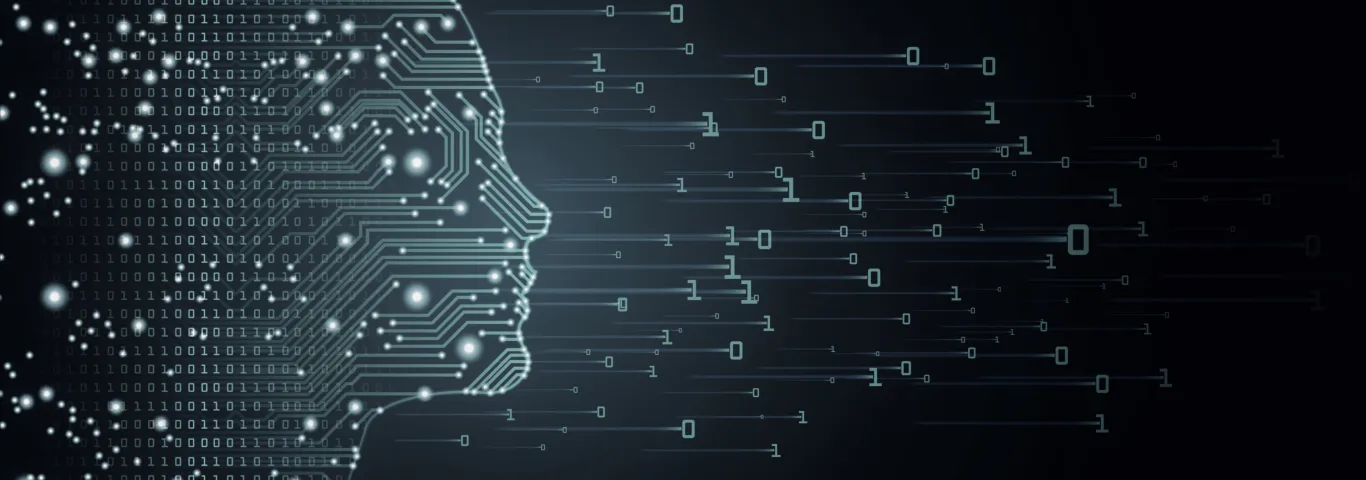TRIADS will advance research that leverages the unprecedented resources of the computational age to address the most pressing social dilemmas of the 21st century.
Advanced tools such as artificial intelligence, natural language processing, computer vision, geospatial science, and more offer new opportunities for advancing our understanding of society. Rapid technological change also means we now have staggering amounts of data – much of it human generated and in unstructured formats like text, digital traces, and images. In the next 20 years, these forces combined have the potential to transform the social sciences. The goal of TRIADS is to advance research that leverages the unprecedented resources of the computational age to address the most pressing social dilemmas of the 21st century.
TRIADS will support interdisciplinary teams that target "big questions with big data." Example topics might include: global migration and environmental change, social media and misinformation, aging and the future of work, the geographic origins of health inequality, or democratic decline. The goal is to develop and support the interdisciplinary research teams needed to respond to new events, important trends, and emerging areas of inquiry.
In year 1, TRIADS will build a stronger network of faculty interested in data-informed research, identify common areas of interest, and provide resources for new research in the form of seed grants, programming/software development, grant writing support, and more. TRIADS is not targeted narrowly at scholars using advanced methodologies, but rather aimed broadly at building teams with differing skills and approaches to study critical problems facing St. Louis, the United States, and the world.
Initial activities will include:
- A networking event on September 8.
- An interdisciplinary speaker series highlighting innovative work at the nexus of the social sciences and data sciences on campus and beyond.
- Networking events for thematic areas of research.
- An initial round of planning grants and seed grants. Additional support will be available in the form of professional programming and software development, collaborative space, and staff support for event planning.
- Support for identifying and pursuing external funding from government, nonprofit, and private sector sources.
Faculty interested in learning more may complete this webform to be added to our email list for announcements and events.


